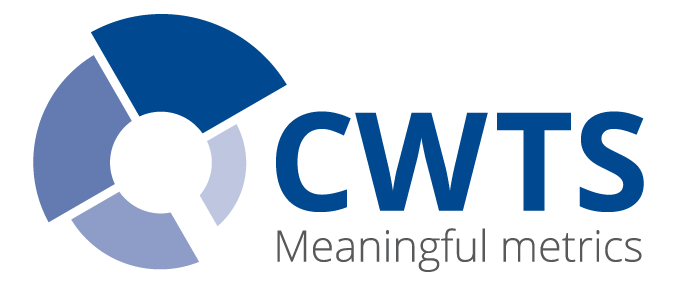French Ministry of Higher Education and Research partners with OpenAlex to develop a fully open bibliographic tool
Last December, the French Ministry of Higher Education and Research (MESR) established a multi-year partnership with OpenAlex. The partnership project between MESR and OpenAlex, part of the Second National Plan for Open Science from 2021, underlines the importance for France of participating on an international scale in the construction of the global open science landscape.
What is OpenAlex ?
OpenAlex is a fully open bibliographic database indexing some 250 million scientific works, 90 million authors, 100,000 institutions and 32,000 funders by the end of 2023. OpenAlex relies on open data and infrastructures (notably Crossref, RoR, ORCID, DOAJ and Wikidata) and advanced technologies (cloud computing and machine learning) to provide a graph of scholarly knowledge linking publications, their authors, affiliations and funding, with enriched metadata.
All the data provided by OpenAlex is open to all, with no registration required, and under an open licence allowing reuse and modification (CC0 license). OpenAlex is a recent initiative, which is making rapid progress in the quality and richness of the information it offers, thanks in particular to its openness to contributions from the research community.
Contribution from France
As part of this partnership with OpenAlex, the French Ministry of Higher Education and Research is committed to working closely with OpenAlex. In addition to making a financial contribution to the operation of OpenAlex, which is seen as a crucial open science infrastructure, France will play a key role in helping to improve OpenAlex’s general data, and to enrich data related to French research in particular, and beyond. This collaboration in an open ecosystem could ultimately generate economies of scale for many French and international players.
The MESR thus wishes to contribute to the emergence of solid alternative proposals to proprietary environments to promote transparency and open access to knowledge. This commitment is also in line with the Council conclusions on research evaluation and the implementation of open science, published in 2022 by the Council of the European Union as part of the French Presidency of the European Union.





